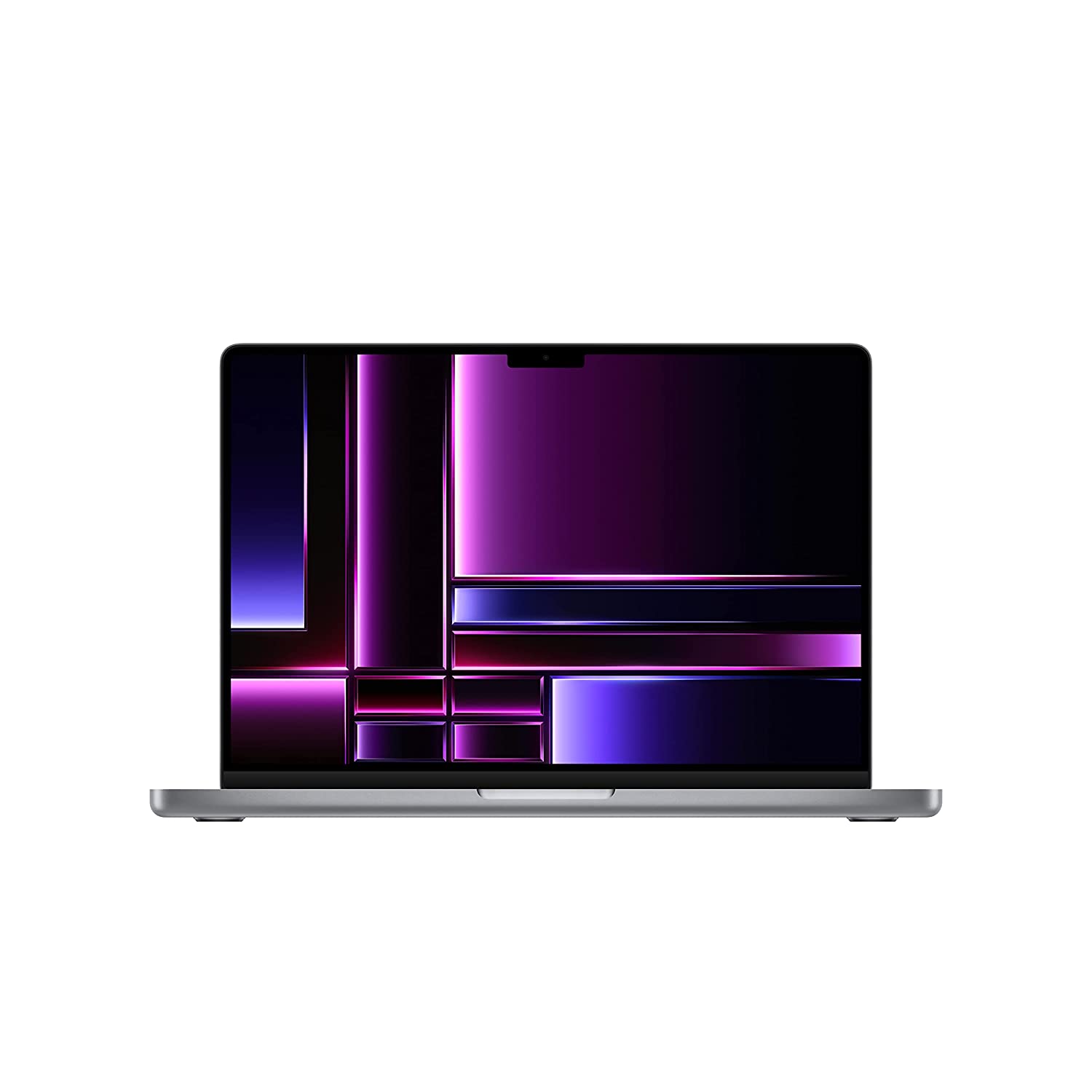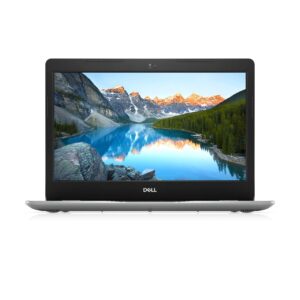Table of Contents
ToggleTop 7 best affordable laptops for students in India 2021
What are the things to consider when buying the best laptop for a student?
The laptop’s performance depends on the type of work the student will do on it. Light use includes tasks like browsing the internet and using social media, while medium use involves basic gaming, web browsing, typing/editing documents, photo editing, and research work. Heavy applications like Photoshop, heavy programming, and AutoCAD require more power.
When choosing a laptop, consider the processor type. Intel and AMD are the two main manufacturers of laptop processors. Intel offers Platinum, Celeron, Core i3, i5, i7, and i9 series processors, while AMD offers A, FX, and Ryzen series processors.
The laptop’s display is also crucial. Consider the screen size and resolution, with higher resolution providing a sharper, clearer, and richer visual experience.
The operating system is also important, as it controls the hardware and communicates between the software and hardware. Common operating systems include Windows, Linux, DOS, and Mac OS.
Consider the port and connectivity options, as they allow you to connect peripherals like a pen drive, mouse, headphones, charger, and TV. Ensure that the laptop has enough ports for your needs.
Finally, consider the laptop’s design. Basic laptops have a traditional design with a screen that folds over the keyboard and mousepad, while 2-in-1 and touch screen models are more expensive.
Best New Apple MacBook Pro in India 2021
Apple-designed M1 chip for a giant leap in CPU, GPU, and machine learning performance
Get more done with up to 20 hours of battery life, the longest ever in a Mac
8-core CPU delivers up to 2.8x faster performance to fly through workflows quicker than ever
8-core GPU with up to 5x faster graphics for graphics-intensive apps and games
16-core Neural Engine for advanced machine learning
8GB of unified memory so everything you do is fast and fluid
Superfast SSD storage launches apps and opens files in an instant
Best Dell Latitude Laptop in India 2021

- Intel Core i5 – 6300u Processor, 8 GB Ram & 256 GB SSD, 12.5 Inches Screen (Ultra Light 1.26KG)
- Package Content: 1 Dell Latitude E7270 Laptop
- Disk Storage: 256 GB SSD
- This product is backed by the Amazon Renewed Guarantee
Best ASUS laptop In India 2021

.Graphics and Display: Integrated Intel UHD 605 Graphics 14.0″ (16:9) LED-backlit FHD (1920×1080) 60Hz Anti-Glare Panel with 45% NTSC with 88% Screen-to-body ratio
Operating System: Pre-loaded Windows 10 Home with lifetime validity
Warranty: This genuine Asus laptop comes with 1year manufacturer warranty on the device and included accessories from the date of purchase. For product and Services related queries contact the brand at contacts and Email us
Processor ; Memory and Storage: Intel Pentium Silver N5030 Processor,1.1 GHz (4MB Cache, up to 3.1 GHz, 4 Cores, 4 Threads); 4GB DDR4 on-board RAM and 256 GB M.2 NVMe PCIe 3.0 SSD + NUMPAD
Keyboard and I/O ports: Full-Size Chiclet Keyboard | 1.4mm Key-travel Distance | 19mm full size key pitch and 1x DC-in | 1x HDMI 1.4 | 1x 3.5mm Combo Audio Jack | 1x USB 2.0 Type-A | 1x USB 3.2 Gen 1 Type-A | 1x Micro SD card reader | Wi-Fi 5(802.11ac)+Bluetooth 4.1
As of my knowledge cut off in 2021, some of the best ASUS laptops available in India in 2021 were:
ASUS ROG Zephyrus G14: This laptop was highly praised for its powerful performance and long battery life. It also had a sleek and compact design.
ASUS VivoBook S15: This laptop was a good choice for people looking for a budget-friendly option. It offered good performance and a stylish design.
ASUS ZenBook UX425: This laptop was a premium choice for those who wanted a slim and lightweight laptop with a long battery life and a good display.
ASUS TUF Gaming A15: This laptop was a good choice for gamers and those who needed a powerful laptop for demanding tasks. It had a rugged design and strong performance.
These were some of the best ASUS laptops available in India in 2021, but it’s always best to check the latest offerings and specifications as the market is always evolving and new models may be available.

- Laptop Processor: 10th Gen Intel Core i5-10210U processor, 1.6 GHz base speed, 4.2 GHz max speed, 4 Cores, 8 threads
- Operating System in the laptop: Windows 10 Home operating system | Pre-installed software : Office 365 – one month Trial subscription
- Laptop Display: Horizon Display|14-Inch (1920X 1080 )Full HD Anti-Glare Screen, Nvidia MX350 2GB GDDR5 Graphics
- Memory Specs (Laptop): 8GB DDR4-2666MHz RAM and Storage: 512 GB SSD
- Design and battery of Laptop: Robust metal body |Thin and light Laptop| Laptop weight 1.35kg | Battery Life: Up to 10 hours
- Laptop Audio: Stereo Speakers + DTS Audio Processing | Ports: USB 3.1 – 2 ports, USB 2.0 – 1 port, USB type C – 1, HDMI Out -1 and 3.5mm jack
- Inside the Laptop box: Notebook, Power Adaptor, Power Cord, User Manual
adipiscing elit. Ut elit tellus, luctus nec ullamcorper mattis, pulvinar dapibus leo.
- Processor: AMD Ryzen 3 3250U
- Memory and Storage: 4 GB DDR4-2400 SDRAM (1 x 4 GB), 1TB 5400rpm hard drive
- Display and Graphics: 39.6 cm (15.6″) diagonal,
- Operating System: Windows 10 Home
- Connectivity Ports: 1 SuperSpeed USB Type-C 5Gbps signaling rate; 2 SuperSpeed USB Type-A 5Gbps signaling rate; 1 HDMI 1.4b; 1 RJ-45; 1 AC smart pin; 1 headphone/microphone combo
- Dimensions and Weight: 35.85 x 24.2 x 1.99 cm; Starting at 1.74 kg
Top 7 best affordable laptops for students in India 2021
- RAM 8GB DDR 4, 512GB SSD, Windows 10 Home
- Upto 17 hrs backup with 80Wh Battery
- 17 Inch Ultra-Lightweight (1.35 kg) Laptop with 10th Gen Intel i7-1065G7 w/Intel Iris Plus
- USB3.1 (x3), USB3.1 Type C (x1, Thunderbolt 3, USB PD), DC-In, HDMI(2.0), HP Out
- Processor: 10th Gen Intel Core i3 (i3-1005G1) | Speed: 1.2 GHz (Base) – 3.4 GHz (Max) | 2 Cores | 4MB Cache
- OS: Pre-Loaded Windows 10 Home with Lifetime Validity
- Pre-Installed: MS Office Home and Student 2019
- Memory and Storage: 4GB RAM DDR4-3200, Upgradable up to 16GB | 256GB SSD
- Display: 14″ Full HD (1920×1080) | IPS Technology
- Design: Touchscreen | 1.79 cm Thin and 1.5 kg Light | Narrow Bezel | Battery Life: 8 Hours | Quick Charge (Up to 80% in 1 Hour)
- Camera (Built-in): HD 720p Camera with Privacy Shutter | Fixed Focus






